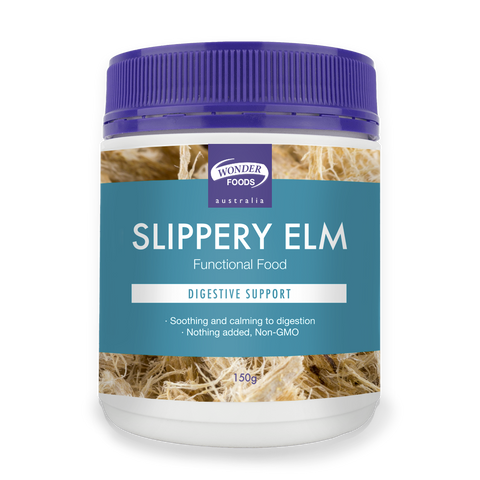What exactly is constipation? It may appear to be a straightforward question. The term can refer to several bowel movement problems. Excessive straining, failing to have a daily bowel movement, or feeling as if you can't get all of the stool out are all symptoms of constipation.
Constipation may appear to be a simple problem to solve, but it is a very unpleasant experience for those who suffer from it. Constipation can cause loss of appetite, stomach aches, irritability, bloating, and weight loss, so it is critical to follow these simple remedies to cure constipation.
Aside from the frequency of bowel movements, here are a few other indicators that you are constipated:
Constipation Symptoms
- Less than three bowel movements per week.
- The stools are hard and dry when you do have a bowel movement.
- Having pain or difficulty passing stool necessitates more effort.
- Aches and cramps in the stomach.
- Nausea, bloating, and a feeling of being full
- Even when you have a bowel movement, it is not empty.
Let's take a closer look at how we can treat constipation or other digestive disorders.

You can Avoid Constipation by Changing Your Lifestyle
There are several ways and solutions that you can try if you suffer from constipation. However, to ensure that it is gone for good, try some of the following tips and incorporate them into your daily routine to see a significant difference:
- Eat more fruits, vegetables, legumes, and whole grains to increase your fibre intake.
- Do exercise.
- Avoid or manage excessive stress.
- Never cling to your stool.
- Drink plenty of fluids, the majority of which should be water.
High Fibre Food
In the long run, this remedy will help to prevent constipation. Fibre is a plant material that cannot be digested. In addition to adding bulk to the stool, it can also make it softer. Soluble fibre absorbs water and binds with fatty acids to form a gel, resulting in softer stools; insoluble fibre does not dissolve in water and contributes bulk and moisture to the stool. It is recommended that you consume at least 20–25 gms of fibre per day to treat and prevent constipation. For immediate relief, combine one tablespoon of psyllium husk with one cup of lukewarm water in the morning.
Supplements for Gut Health
Various supplements may aid digestion and alleviate symptoms of digestive conditions. Individual advice on gut health supplements should be sought from your integrative healthcare practitioner, as certain products may aggravate digestive symptoms if used incorrectly.
Probiotics
Probiotic supplementation in IBS patients has been shown in systematic reviews to reduce pain and symptoms such as bloating and flatulence. Probiotics may help with digestive issues by modulating neurotransmitters involved in pain, supporting gut barrier function, and improving inflammatory profiles.
Soluble Dietary Fibre
Soluble fibre, found in digestive support supplements, such as psyllium and guar gum, may help improve abdominal pain, regulate bowel movements, modulate microbial balance, and reduce symptom severity in people with IBS.
You can keep your gastrointestinal system healthy by incorporating certain lifestyle behaviours such as eating digestive-friendly foods, exercising regularly, practising digestion yoga, and limiting your exposure to substances such as alcohol and cigarette smoke. If your practitioner recommends it, gut health supplements can be used as an instant constipation relief medication.
For more details, visit HealthBar.
